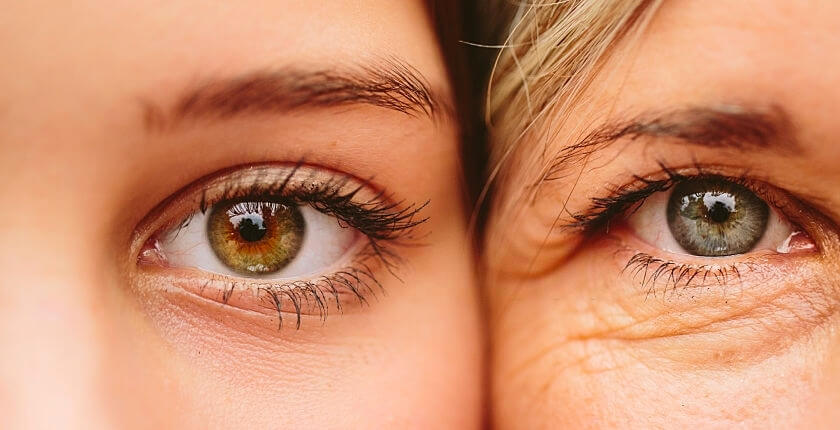Increasing skin elasticity is important for maintaining or regaining a healthy and youthful appearance. However, there are many reasons for a decrease in skin elasticity, which can vary based on age, genetic factors, and environmental influences.

Reasons for Decreased Skin Elasticity
Aging: Aging is one of the most common reasons for decreased skin elasticity. As we age, collagen and elastin production under the skin decreases. These two proteins play a critical role in maintaining the firmness and elasticity of the skin.
Exposure to UV Rays: Prolonged exposure to harmful UV rays from the sun can damage skin cells and collagen fibers, leading to a loss of skin firmness and elasticity.
Smoking: Smoking can negatively affect skin health and lead to collagen loss. It also constricts blood vessels, reducing blood circulation in the skin.
Stress: Chronic stress can increase inflammation and the production of free radicals in the skin, which can reduce elasticity.
Genetic Factors: Family history and skin type can also impact the decrease in elasticity.
Pollution and Environmental Factors: Air pollution can negatively affect the skin and reduce elasticity.
Improper Skin Care: Using excessive or inappropriate skin care products can lead to irritation and loss of elasticity.
Unhealthy Diet: An inadequate and unbalanced diet, particularly a deficiency of essential vitamins and minerals for skin health, can adversely affect elasticity.
Hormonal Changes: Hormonal changes, especially during menopause, can lead to a decrease in skin elasticity.
What Should You Do to Increase Skin Elasticity?
It’s important to pay attention to your diet to increase skin elasticity. Consuming foods rich in antioxidants, such as fruits, vegetables, whole grains, and healthy fats, supports skin health.
Stay Hydrated!
Hydration increases skin elasticity. Drinking enough water daily helps maintain the skin’s moisture and improves elasticity.
Establish a Skin Care Routine with the Right Products!
A proper skin care routine is crucial for increasing elasticity. Protect and nourish your skin with moisturizers, sunscreens, and anti-aging products.
Consider Collagen Supplements.
Collagen is a type of protein that supports skin elasticity and firmness. Using collagen supplements can benefit your skin health.
Avoid Smoking and Alcohol Consumption!
Smoking and excessive alcohol consumption can reduce skin elasticity. Therefore, it is important to avoid these habits.
Use Sunscreen Year-Round!
Prolonged sun exposure can cause premature aging of the skin. Using sunscreen and wearing hats when outdoors is crucial for protection.
Seek Help from Skin Tightening Treatments.
Regular skin massages can enhance blood circulation and elasticity. Additionally, various skin tightening procedures and treatments offered by professionals can be beneficial.
Skin elasticity can vary based on age and genetic factors. However, by implementing the above methods, you can help your skin become healthier and more elastic. Consulting a specialist for skin care can also be very beneficial.
